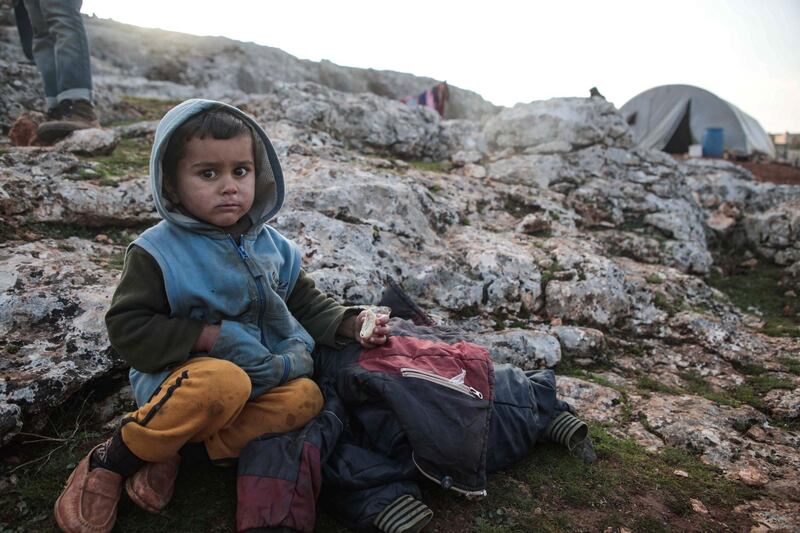Arab League Secretary General Ahmed Aboul Gheit said on Wednesday there “is no overwhelming Arab desire” to readmit the Syrian regime into the organisation.
Addressing a sensitive issue that has deepened divisions among the 22-member group, Mr Aboul Gheit declined to name the reasons the regime’s return is not feasible.
Speaking after a lecture at the Emirates Centre for Strategic Studies and Research, Mr Aboul Gheit said some member states, whom he did not name, had brought up the issue, but he did not feel compelled to gauge “how much desire the Syrian regime has to return”.
“The reason no initiative has been taken is lack of an overwhelming Arab desire,” Mr Aboul Gheit said.
Asked by The National for the reasons behind the opposition to readmitting the regime, Mr Aboul Gheit said: "I do not know".
The return of the regime to the league would be a major diplomatic boost for President Bashar Al Assad. Iraq and Lebanon, where Shiite militias supported by Iran hold sway, have been lobbying for the past five years for the return of the regime. But the uprisings in the two countries, which broke out in October this year, have forced them to assume a lower profile.
In October 2018, Jordan reopened its main border crossing with Syria, a move that broke the regime’s regional isolation. Jordanian officials framed the decision in economic terms, saying it would increase Jordan’s access to the Mediterranean and activate the country’s trucking fleet. But lack of security and extortion on the Syrian side kept cross-border container traffic at a minimum, shippers in Amman said.
The UAE reopened its embassy in Damascus in December 2018; the UAE Minister of State for Foreign Affairs, Dr Anwar Gargash, said the decision had come after a “careful reading of developments” and that the next phase would require Arab involvement to keep Syria united.
Saudi Arabia said in March it was too early to restore ties or reinstate the regime to the Arab League.
Syria was suspended in November 2011 from the league for the regime’s killing, torture and disappearance of thousands of demonstrators and civil figures in the first year of the Syrian revolt.
The Arab League gave the Syrian opposition the country’s seat at an Arab Summit in Doha 2013 but the seat has been empty at subsequent summits.







